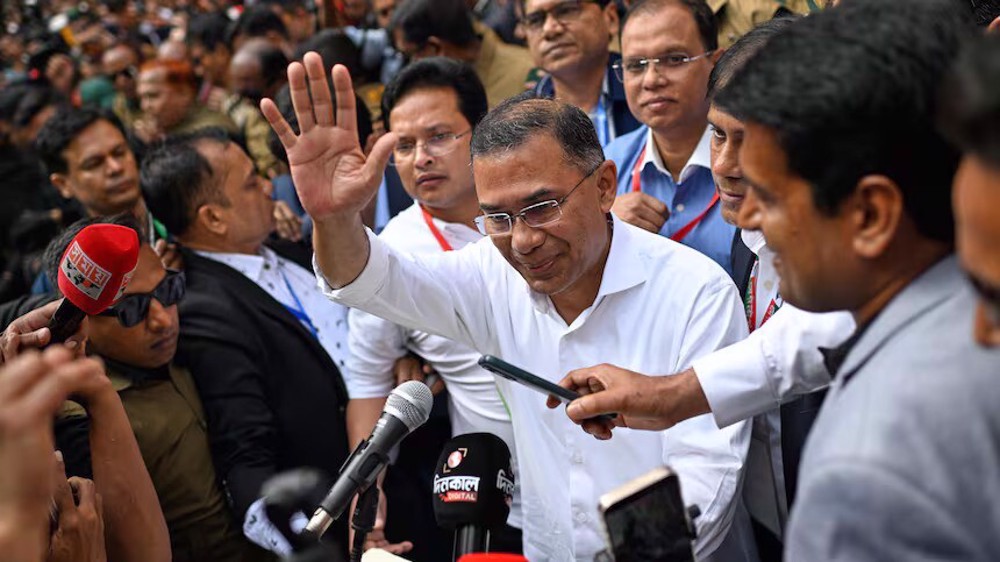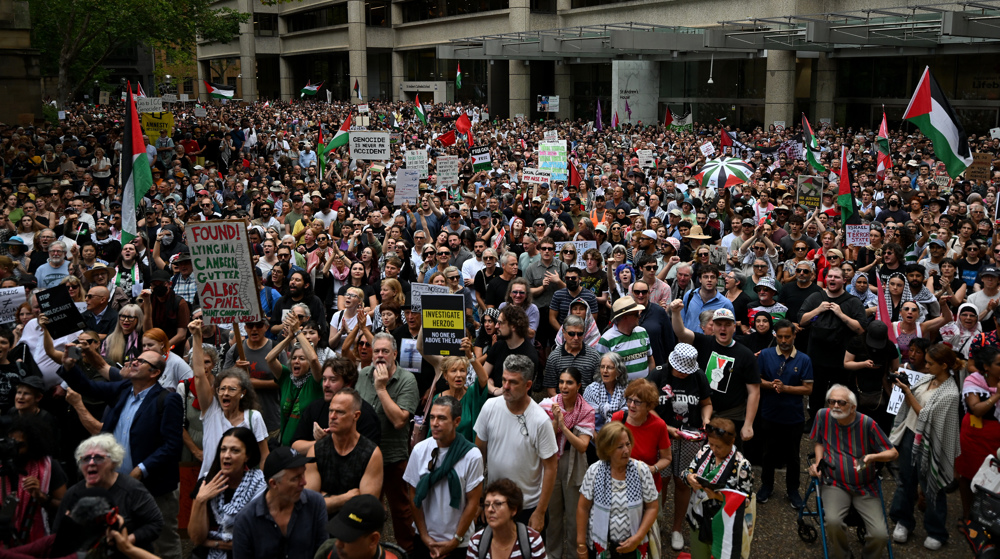US-based law group underlines urgent need for tribunal for crimes against Rohingya
A US-based human rights law group says there is an urgent need to establish a criminal tribunal to bring to justice those responsible for atrocities against Rohingya Muslims in Myanmar.
A report released on Monday by the Public International Law and Policy Group (PILPG) said there were reasonable grounds to believe the Myanmar military had committed crimes against humanity, genocide and war crimes against the minority group.
"The international community is obliged to protect populations subjected to atrocity crimes by the own governments and ensure justice and accountability for such crimes," it said.
The report, which is based on more than 1,000 interviews with Rohingya refugees who fled to Bangladesh, called for "a politically viable choice to be made and the urgent establishment of an accountability mechanism or an immediate reference of the situation to the ICC (International Criminal Court)."
The PILPG also found that Rohingya men, women, and children were the victims of "mass shootings and aerial bombardments, gang rapes and severe beatings, torture and burning, and attacks from flamethrowers and grenade launchers."
The lawyers' report, which is based on the work of 18 investigators from 11 countries, focused on the conduct of "major systematic attacks" on the Rohingya in their ethnic homeland of Rakhine state between August 25 and September 4 last year.
"These attacks were all part of a highly coordinated military campaign that required tactical and logistical planning," it said, adding, "Specifically, interviewees reported the use of aircraft, artillery, and the transport of thousands of soldiers to remote villages.”
“Furthermore, Myanmar armed forces executed this campaign in multiple places across northern Rakhine state within a matter of hours or days,” it noted.
Critically, the report found that even as the Rohingya fled their villages for neighboring Bangladesh, they were fired on by military helicopters while the Myanmar Navy sought to sink overcrowded ferries, showing that the campaign went beyond the aim of merely driving the people out, to one of eradication.
"The scale and severity of the attacks and abuses ... suggest that, in the minds of the perpetrators, the goal was not just to expel, but also to exterminate the Rohingya," the report concluded.
The United Nations has already said that the atrocities constitute genocide.
In August, a report by UN investigators found that Myanmar's military had carried out mass killings and gang rapes of the Rohingya with "genocidal intent" and the commander-in-chief and five generals should be prosecuted under international law.
That report called for the UN Security Council to impose an arms embargo, targeted sanctions and for the suspects to be tried by an ad hoc tribunal or referred to the ICC.
The UN has described the campaign as a textbook example of ethnic cleansing, saying it possibly amounts to genocide as well.
Last year, Myanmar’s armed forces, backed by Buddhist extremist mobs, launched a state-sponsored crackdown against the Muslim community in Rakhine. Thousands have been killed and over 700,000 have survived by fleeing to neighboring Bangladesh, where they are camped in overcrowded refugee centers in dire living conditions.
VIDEO | Press TV's news headlines
Journalist Tucker Carlson says he was detained in occupied territories after interview with US amb.
VIDEO | Is there any hope for Russia-Germany relations?
VIDEO | Israeli land grab policies
Nuclear chief: Israeli infiltration, sabotage drove Iran towards nuclear self-sufficiency
IRGC intel. chief: Enemies devised 7-stage plot for recent riots
Israeli minister calls to 'encourage' Palestinian exodus
VIDEO | Press TV's news headlines













 This makes it easy to access the Press TV website
This makes it easy to access the Press TV website